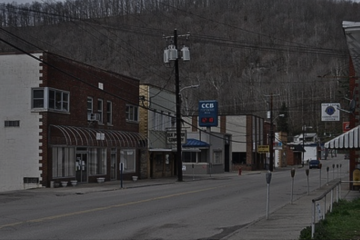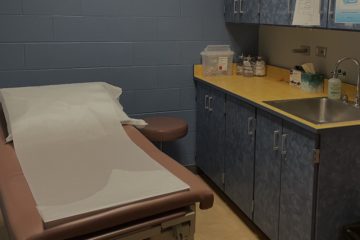Dear West Virginia Legislators,
My name is Cassie Bambrick, and I am a senior at West Virginia University studying public health. As this is my last semester of my undergraduate program, I needed to complete what is called a “field experience.” Basically, I had to partner with a community organization and complete projects using my public health knowledge. I want to tell you about what I consider a very important issue that you can hopefully help with: addressing the needs of kids affected by the drug crisis.
I ended up working with this non-profit organization called Think Kids. Think Kids is dedicated to enriching the lives of West Virginian children through research, advocacy, and possible policy advancement through a politically neutral lens. The project of theirs that I focused on for my field experience was about the availability (or lack thereof) of resources in public schools, specifically food pantries, hygiene closets, and backpack programs. The rationale for this project is that with the ongoing opioid crisis in West Virginia, certain children have caretakers who are dealing with this addiction, and they sometimes cannot properly care for their dependents (in terms of cooking and providing other essentials). So, we wanted to see if their schools had any of the previously mentioned resources to remedy this issue, in addition to the fact that children spend a majority of their time at school.
What we found was somewhat disappointing, but not at all surprising. Many schools did not have any of these, with maybe one or two having all of them. The majority of those that had one or some combination of the resources said teachers provide the materials out of their own pockets. This is the part I want to bring to your attention. Is it really fair to teachers who already have all these other obstacles to tackle on a daily basis? If we are dedicated to West Virginia’s kids, then money given to these schools should go to these resources. It is known all over the country that West Virginia is a hotspot of the opioid crisis; it is almost considered a stereotype or trope of the state. Furthermore, you most likely know someone who is struggling with substance abuse disorder. I know I do. I just went to the funeral of someone who did.
So why do I propose money for schools be allocated specifically for this purpose? Well, simply put, we can show kids that someone is there for them, and they live in a state that actually cares about them. Talking to my peers from all around West Virginia, there is a general theme that:
a) The state lacks support for people experiencing substance abuse disorder (SUD), and
b) Those with substance use disorder feel a sense that the state does not care about them.
It is jarring to hear that. I know other political players may have more influence over some of these policy decisions, but you have the power to change the way those with SUD perceive their community’s compassion! People who we have talked to at Think Kids are genuinely interested about having these resources in schools, especially given the fact that some children in every school around the state are involved with someone in their personal lives who is struggling with drug abuse.
In no way am I trying to stigmatize or criticize the state’s response to the opioid crisis. Rather, I am trying to show an already vulnerable population and how they are affected by the issue, and also how you can help. I really hope you take the time to read this and think about what I have said. I also hope we see some changes for these children, to raise a healthier population in the wild and wonderful West Virginia.
Thank you,
Cassie Bambrick
Cassie Bambrick is a WVU SPH student and working with Think Kids during this semester on assessing West Virginia’s network of school-based food pantries and hygiene closets.




0 Comments